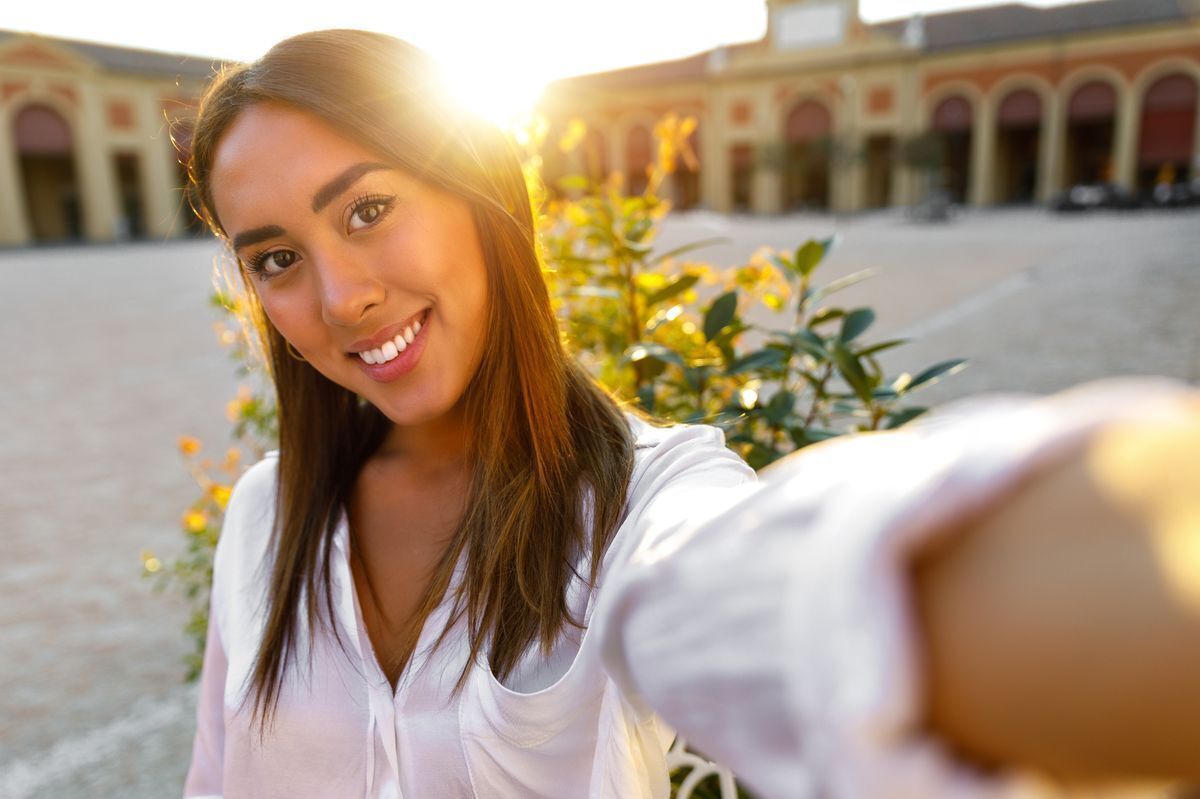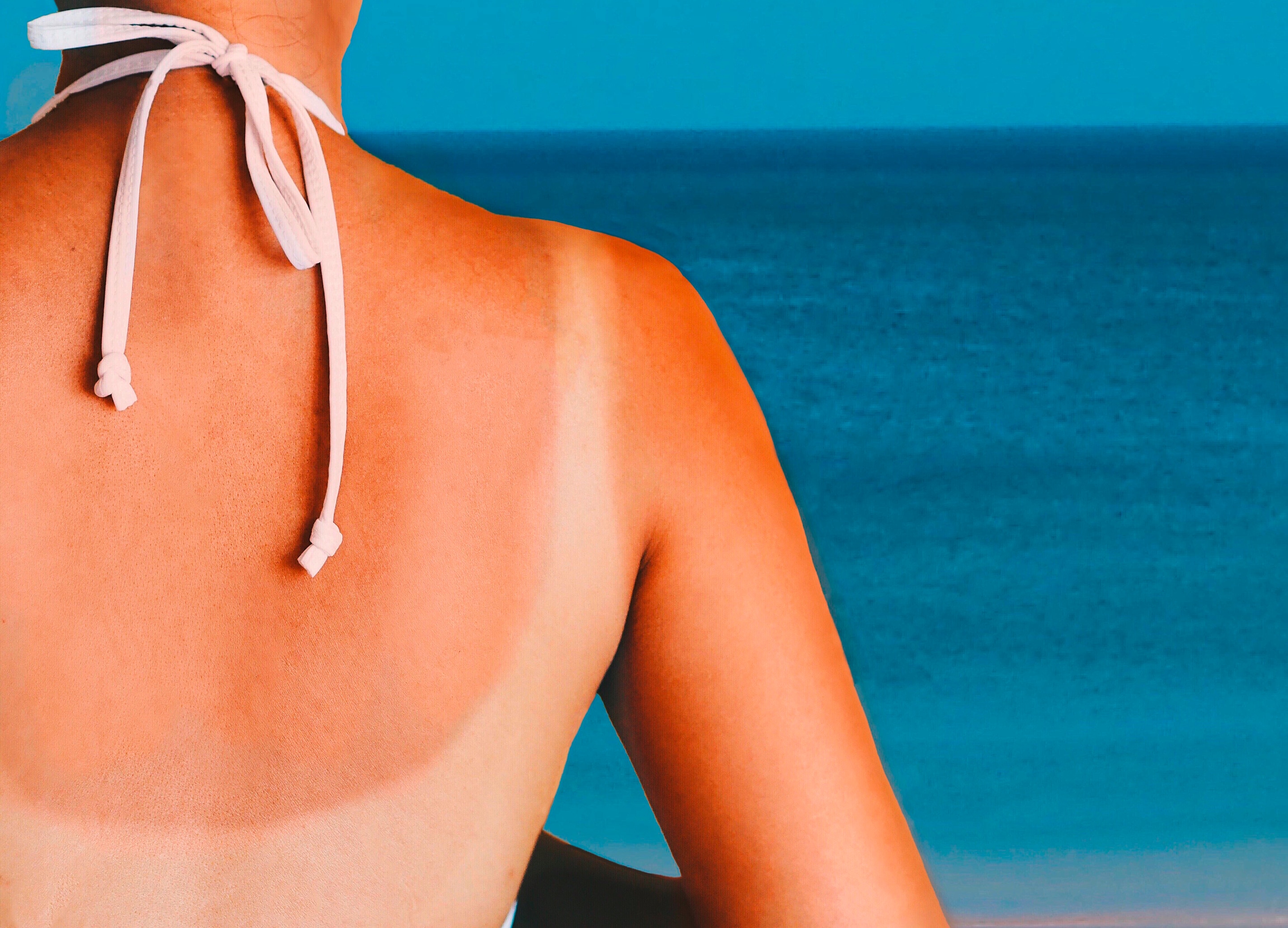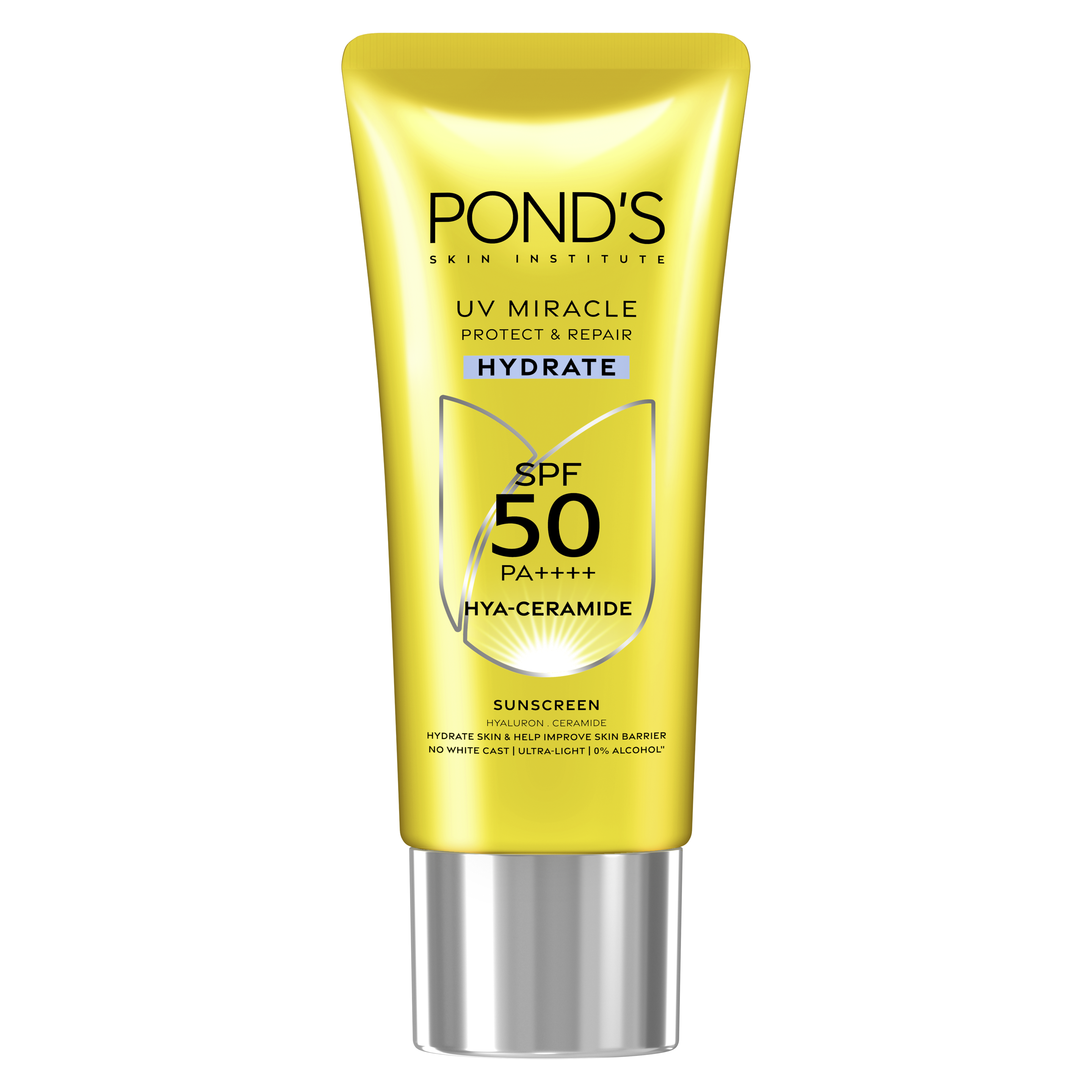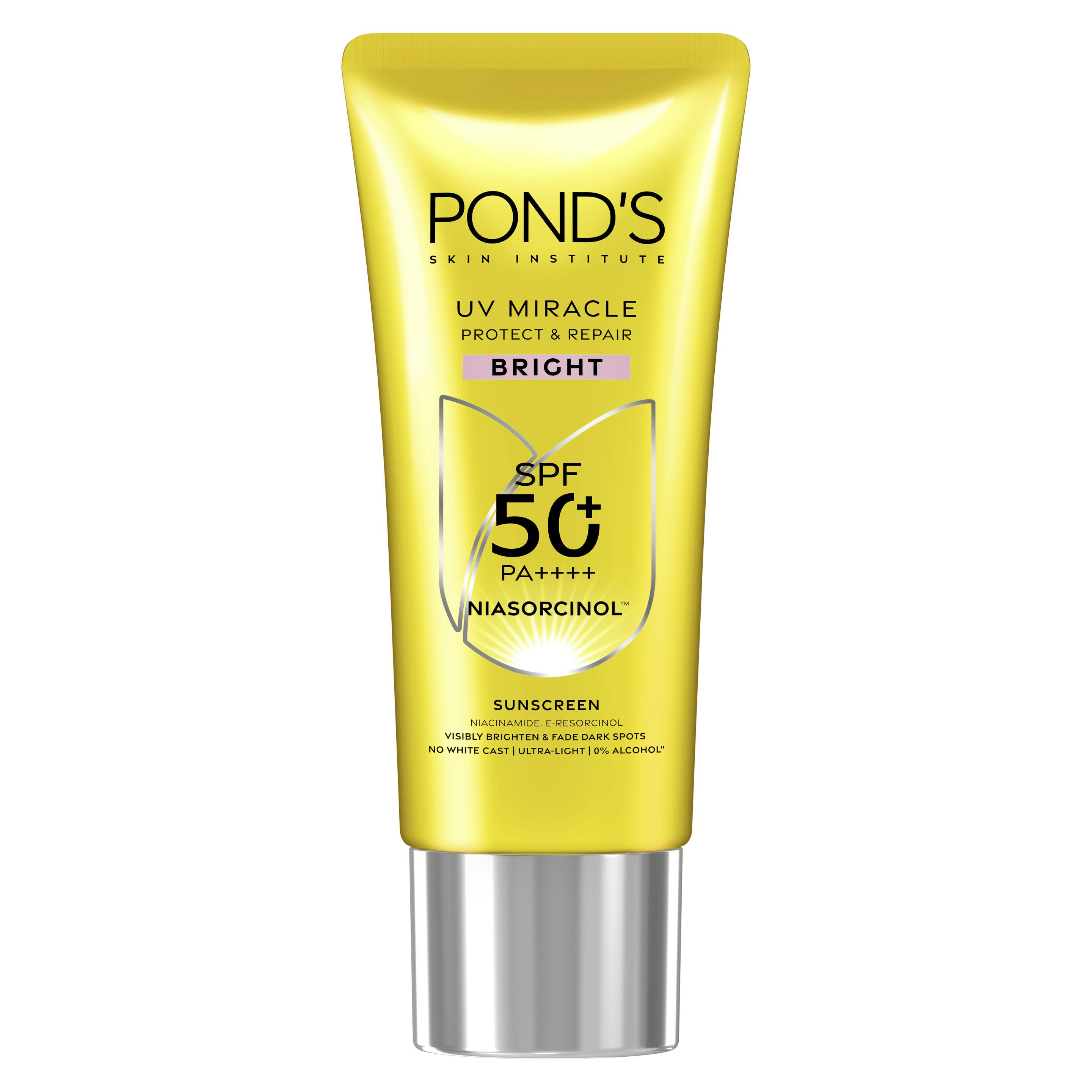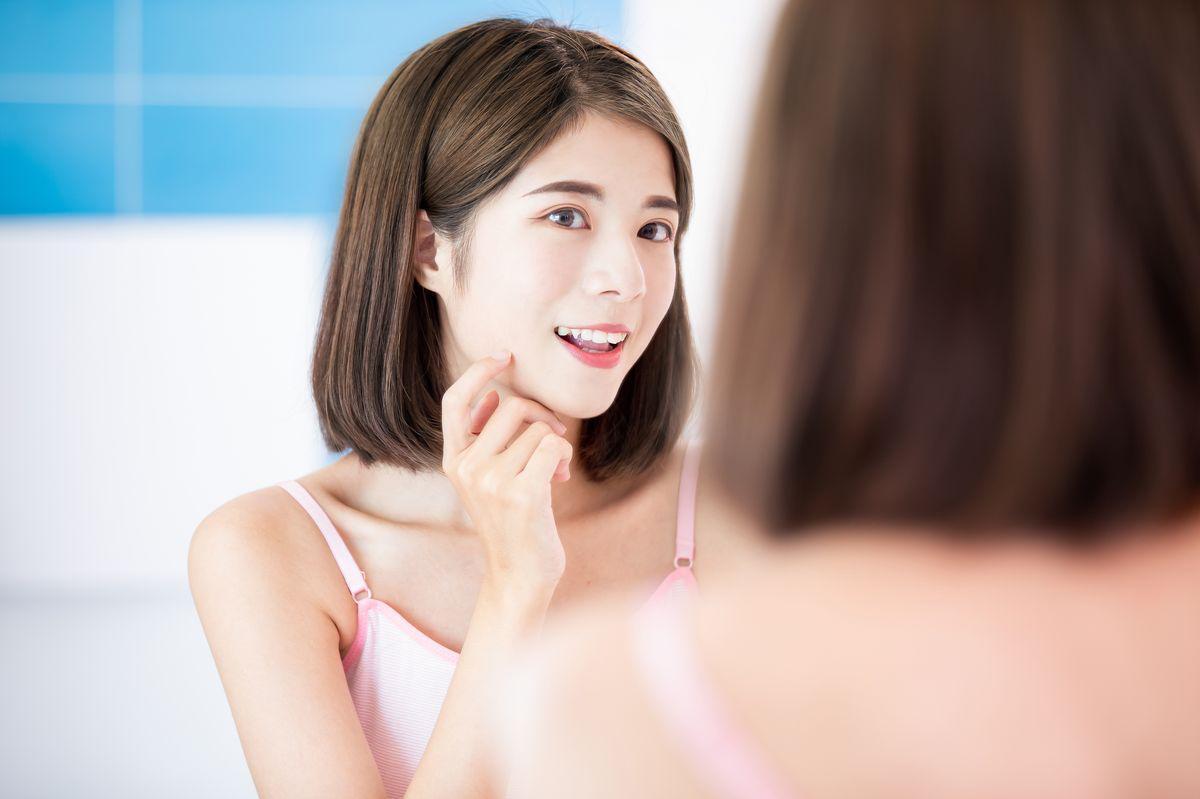Tips and Inspiration
From Unilever Beauty Experts
The make-your-own-products era may be peaking thanks to Nara Smith and her “trad wife” cohorts, but not everything is better “homemade.” This is especially true for sun protection, which is an exact science that doesn’t just prevent sunburn but also keeps the skin from spiraling into premature aging. Why is DIY sunscreen so bad and what are the dangers of promoting it as a substitute for proper, FDA-approved products? Read on to find out.
Why DIY Isn’t Always a Good Idea
Content creator Nara Smith recently went viral for her DIY sunscreen recipe: a mix of coconut oil, beeswax, shea butter, cocoa butter, jojoba oil, and zinc oxide powder. It was widely criticized by skincare experts for its lack of efficacy and safety, but alas, TikTok wasted no time feeding the video to millions of impressionable beauty fans.
The problem with this type of content is that it presents a romanticized lifestyle as fact with as much as a footnote, all while diminishing the findings of actual experts. An undiscriminating viewer might wonder, “If it were that easy to make sunscreen at home (and look fabulous while doing so), why spend money on products at all?” Well, because said products are tested to ensure they deliver the protection they claim – such as a specific SPF level or water resistance – while also being safe for the skin.
Here are more reasons not to use DIY sunscreen:
1. They have unverified SPF claims.
While zinc oxide can provide some UV protection, the SPF level of DIY sunscreen cannot be measured accurately without rigorous testing. Most DIY recipes, including Smith’s, lack the stability and precise formulations needed for reliable sun protection, giving users a false sense of security. Further, the American Academy of Dermatology warns that homemade sunscreen recipes often result in products with insufficient SPF (some as low as SPF 2), falling short of the recommended SPF 30.
2. They make use of unreliable ingredients.
Coconut oil, shea butter, and other essential oils may be good for moisturizing the skin, but they don’t necessarily protect it from UV rays. Coconut oil has an SPF of 8, which isn’t enough to meet the standards required to prevent sun damage. The mixture of ingredients in DIY sunscreens is also problematic. The recipe lacks the necessary stabilizers to keep the product from separating or breaking down under the sun, which would render it useless.
3. They aren't tested for skin safety.
The absence of regulation or testing also leaves you vulnerable to skin irritation, allergies, and potentially adverse reactions. Moreover, if your DIY sunscreen ends up causing any of these things, no one else can be held liable but you. The FDA of the Philippines, which regulates sunscreen products, advises against using homemade sunscreens and suggests verifying the safety and quality of commercially available products through their verification portal. Say no to fakes!
4. They pose potential long-term risks.
The risks of using DIY sunscreen far outweigh the perceived benefits of saving money or appearing savvy and glamorous like Nara. Without effective sun protection, your skin is vulnerable to cumulative sun damage that can lead to serious health problems. Wrinkles and sunburn would be the least of your worries.
Why Trust Commercial Sunscreen?
Commercial sunscreens are made with ingredients that are scientifically proven to provide safe and effective UV protection. They come in a variety of formats – physical, chemical, stick, cream, powder, lotion, etc. Which means you’re bound to find your perfect match.
Plus, recent formulas contain skin-caring properties, so they shield you from UV rays and keep your skin healthy and glowing. If you’re looking for products that can do both, try POND'S UV Hydrate Sunscreen and POND'S UV Bright Sunscreen. The former has Hyaluron that instantly hydrates the skin and leaves it with a glass finish. The latter has Gluta-Niacinamide that fades dark spots for a spotless glow. Both deliver SPF 50 PA ++++ – no TikTok-famous recipe can compare.
DIY sunscreen may appeal to your crafty side, but sun protection is best left to the experts. So, save your skills for another project (a knitted coaster or banana bread, perhaps?) and go for tried-and-tested products that won’t put your skin at risk.

